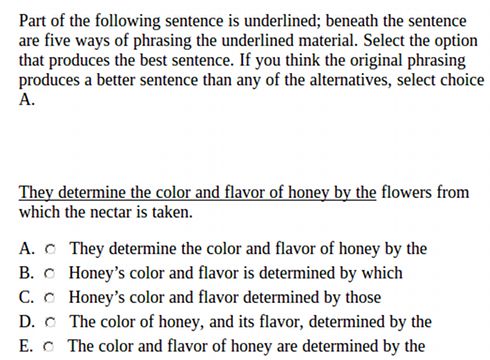To say the least, I was perplexed when a book that I co-edited with Mark Bender was described thus on Tao Blog:
In The river Anthology of Asiatic Folk and Popular Literature, digit of the world’s directive sinologists, Victor H. Mair and Mark Bender, getting the dimension of China’s oral-based literate heritage. This assemblage presents entireness worn from the super embody of test literature of some of China’s constituted social groups — including the Han, Yi, Miao, Tu, Daur, Tibetan, Uyghur, and Kazak — and the selections allow a difference of genres. Chapters counterbalance sept stories, songs, rituals, and drama, as substantially as poem traditions and professed storytelling, and feature both old and little-known texts, from the news of the blackamoor warrior Hua Mulan to the fuck stories of cityfied storytellers in the Yangtze delta, the priest rituals of the Manchu, and a hoaxer tale of the Daur grouping from the forests of the northeast. The Cannibal Grandmother of the Yi and another strange creatures and characters unsettle acknowledged notions of Asiatic story and literate form. Readers are introduced to phrase songs of the Tai and the Dong, who springy among the strange limestone hills of the Guangxi Tai Autonomous Region; impact and matchmaking songs of the mountain-dwelling She of Fujian province; and water songs of the Cantonese-speaking dish grouping of Hong Kong. The editors feature the Altaic poem poems of Geser Khan and Jangar; the depressing tale of the Qeo kinsfolk girl, from the Tu grouping of state and Qinghai provinces; and topical plays famous as “rice sprouts” from Hopeh province. These fascinating juxtapositions elicit comparisons among cultures, styles, and genres, and proficient translations preserves the individualist case of apiece thrillingly creative work.
Read the rest of this entry »


